By Manisha Sahu , America News World November 11 2025
When “Catherine” arrived in Saudi Arabia in 2021 to work as a live-in housekeeper for a Saudi family, she believed she was stepping into an opportunity. But she found herself locked inside her employer’s home, her phone and passport confiscated, her day and night consumed by domestic labour with no rest and no pay. Two years later, she remains in Saudi Arabia, her young son born overseas unregistered — without a birth certificate, no school to attend, and unable to leave the country.

Her story is not unique. Investigative reporting by The New York Times, and follow-up coverage by other outlets, reveal a systemic pattern in which Kenyan women who migrate to Saudi Arabia as housekeepers and nannies face severe exploitation — and their children, often born outside marriage, are left stateless and trapped.
A labour system built on cheap women’s work
The domestic-worker sector in Saudi Arabia relies heavily on migrant women. Their labour — cleaning, cooking, childcare — enables middle-class Saudi families and foreign residents to maintain live-in help. As the Times writes, “These women’s cheap labour is a linchpin of the Saudi economy.”
But what is promised and what these women find are vastly different. A comprehensive report by Amnesty International documents how Kenyan women were recruited under false pretences, arrived to find passports confiscated, phones taken, days without rest, extremely low pay and no legal protection.
One woman, “Rashida,” told researchers:
“She [the employer] didn’t think that I could get tired. There was no chance to rest… I would work for her the whole day and then even at night, I would still be working. I felt like a donkey and even donkeys find rest.”
Their average pay was around SAR 900 (approx. USD 240) per month, while working often 16 hours or more per day, with no overtime and no rest days.
Children without rights
For many of these women the situation becomes more complicated when they have children while abroad. According to investigations, women who were pregnant or became mothers in Saudi Arabia — often after abusive relationships or assaults — face near-total exclusion from legal protection. Their children, born outside statutory marriages, are denied birth certificates and citizenship. Without documentation, these children cannot attend formal schools, access medical care or leave the country.
One Kenyan woman, “Fatima,” told of going into labour in a hospital near Riyadh and being told she might be arrested unless she brought documentation. She fled, cut the umbilical cord herself, and registered neither hospital nor state birth certificate for her child. “The authorities here are not too concerned about the babies and their mothers,” she said.
This denial of documentation means many children become effectively stateless — trapped in Saudi Arabia, unable to leave, unable to attend school, with no legal identity. At the same time, their mothers face both the obligations of motherhood and the restrictions of exploitative labour and immigration limbo.
Governments under scrutiny
Both the Kenyan and Saudi governments face intense criticism. Amnesty’s report argues that the Saudi domestic-worker labour force remains excluded from many protections under Saudi labour law, and that the broader sponsorship (“kafala”) system perpetuates extreme dependency and abuse.
Recruitment agencies in Kenya are also implicated: many women were misled about job roles, pay, and conditions before departure. Once abroad, they found themselves trapped by debt, confiscated documents and isolation.
The Kenyan embassy in Riyadh has been accused by some mothers of refusing to assist them on the grounds that their children are “stateless” or born outside marriage, further complicating repatriation efforts.
The human cost
Behind the statistics lie human tragedies. Some women have died — falling from high floors, found in water-tanks, or succumbing to untreated injuries.
Others continue to live in limbo: trapped in abusive jobs, unable to leave, their children waiting for years for a chance at schooling or a home. “I really thought I was going to die there,” said one Kenyan woman, describing her time in Saudi Arabia.
Why it matters
The exploitation of migrant domestic workers is not a hidden side-issue. It lies at the heart of labour migration, globalisation and the gulf economies’ reliance on cheap female labour. The denial of basic rights — for both workers and children — raises urgent questions about legal protections, migration policy and human rights.
Saudi Arabia’s push to reform its labour laws has so far had little impact for domestic workers in private homes, where enforcement is weak.
For Kenya and other source countries, the situation reflects a broader predicament: economic dependence on remittances, recruitment industries operating with little oversight, and migrant workers exposed to grave risk.
What needs to change
Advocates call for several reforms:
Granting migrant domestic workers in Saudi Arabia the same labour protections as other workers — including a minimum wage, days off, freedom to change employer and access to justice.
Dismantling or significantly reforming the sponsorship system (kafala) which ties the worker’s legal status to their employer and greatly restricts freedom.
Ensuring children born to migrant workers — irrespective of marital status — receive legal identity, access to education and the right to exit the country.
Holding recruitment agents accountable: transparency in contracts, oversight of the recruitment process in source countries, and support for migrant workers who face abuse abroad.
Strengthening consular-assistance mechanisms for migrant-worker origin countries such as Kenya, to protect vulnerable women and children and to intervene effectively in cases of abuse or statelessness.
A final word
Catherine sits in a small apartment in Riyadh with her 3-year-old son. She escaped her employer one night, and now works informally to survive. Her child cannot go to school; he cannot get a passport. She still hopes to one day go home, but that hope is measured in years.
Her labour helped keep a household in Saudi Arabia functioning. Her story — and the story of countless other women and children stuck in limbo — demands attention, reform and accountability. For as long as their cheap labour underpins the Saudi economy, their rights must not be invisible.
Discover more from AMERICA NEWS WORLD
Subscribe to get the latest posts sent to your email.


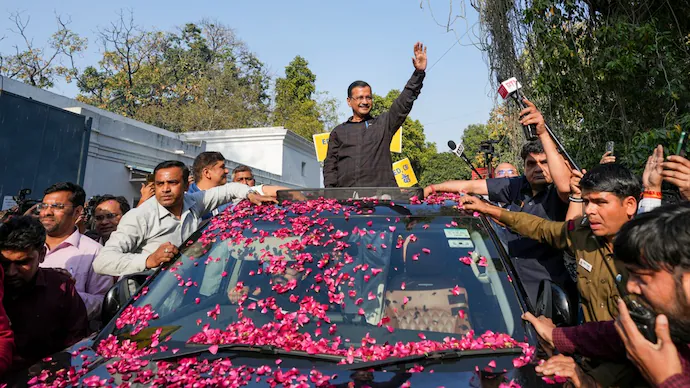





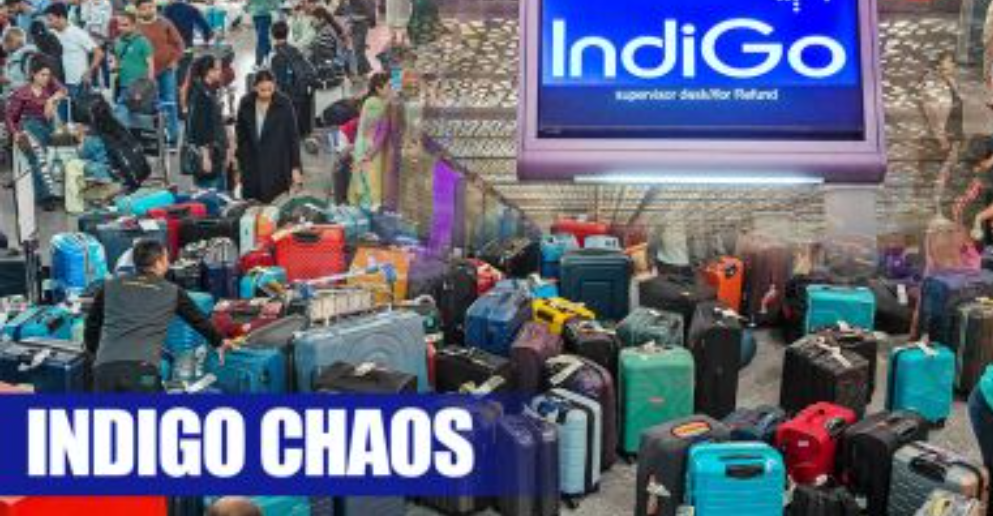
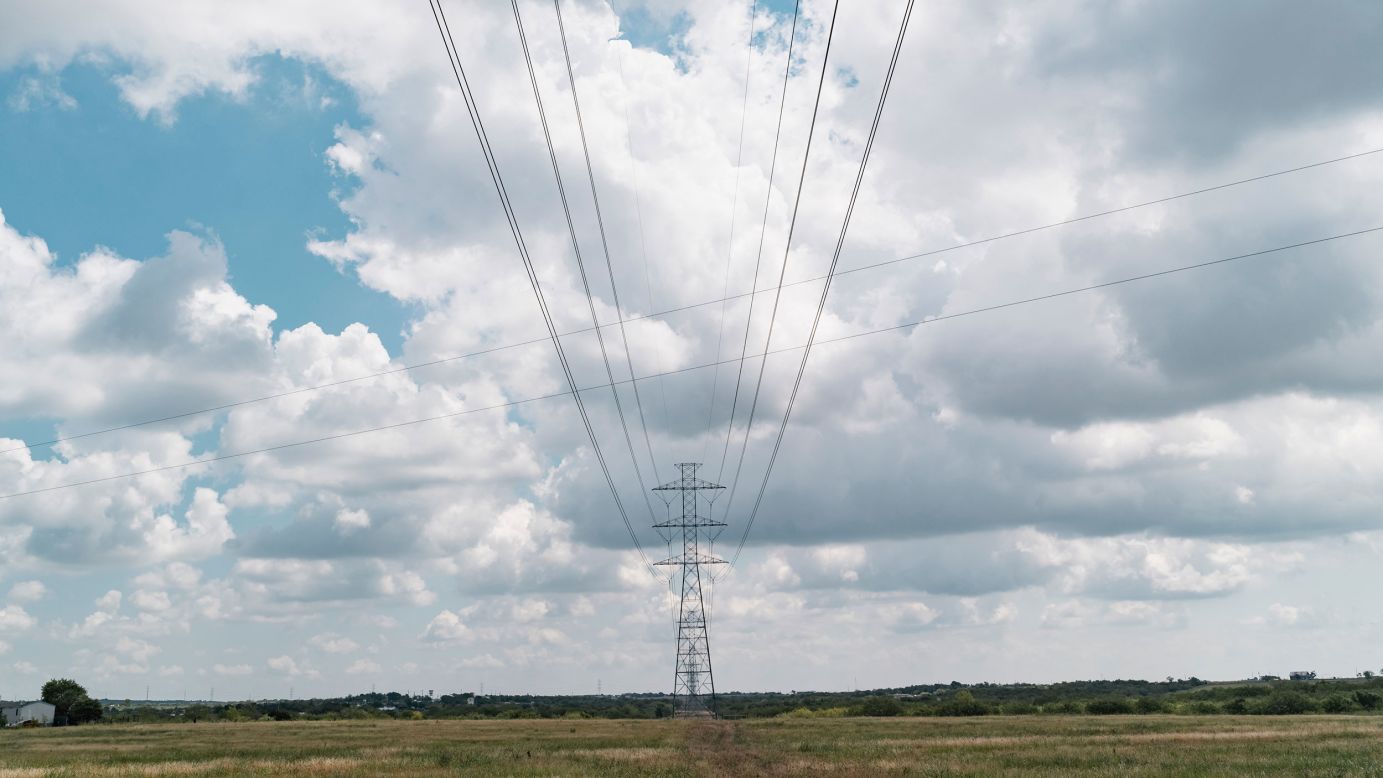












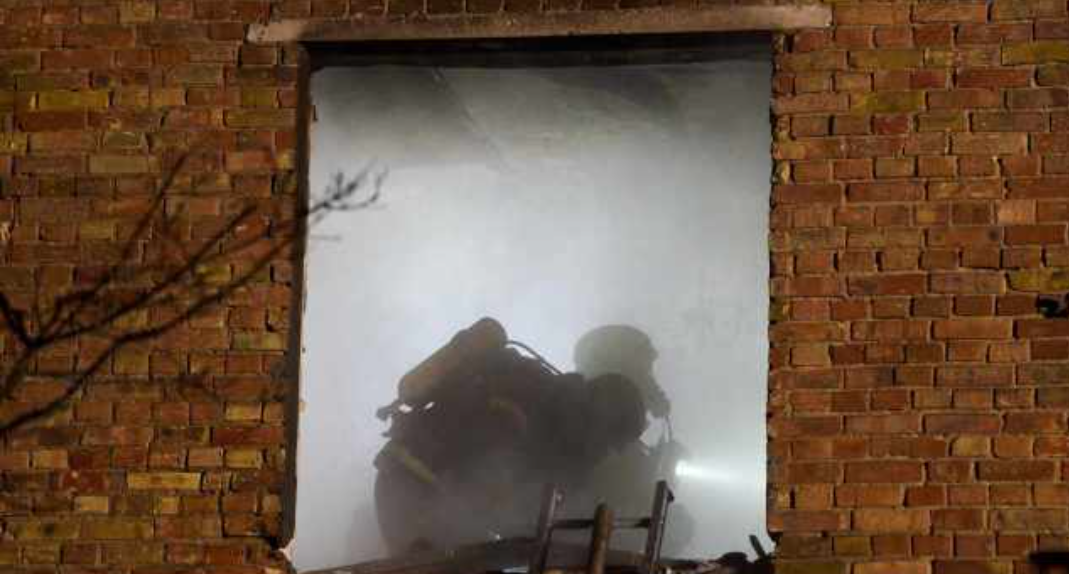







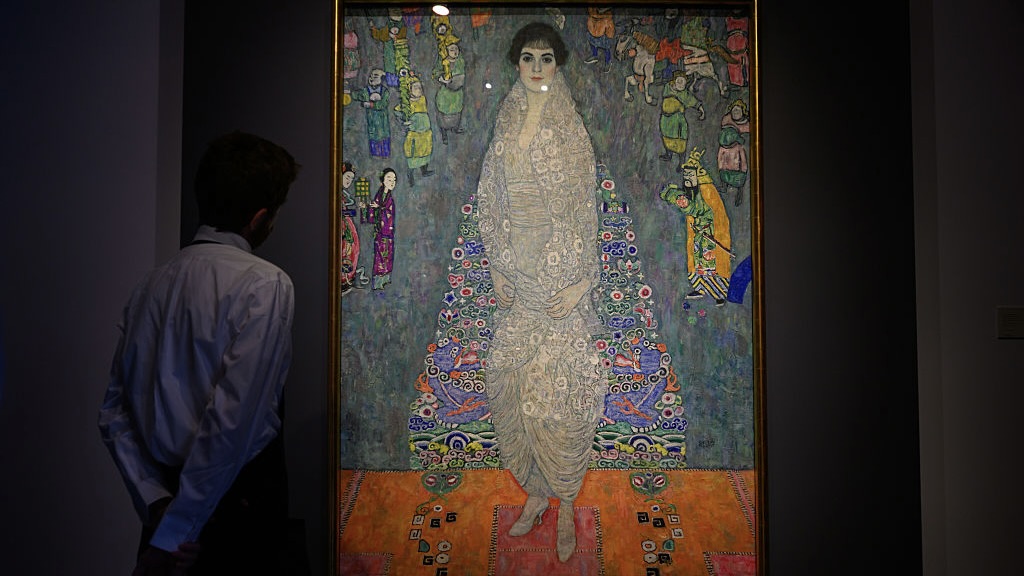






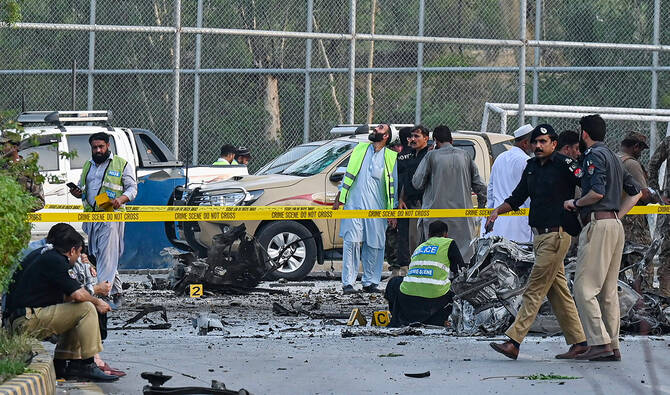


![Smoke rises after Israeli strikes in Beirut's southern suburbs, on March 2 [Mohamad Azakir/Reuters]](https://america112.com/wp-content/uploads/2026/03/hgh.webp)